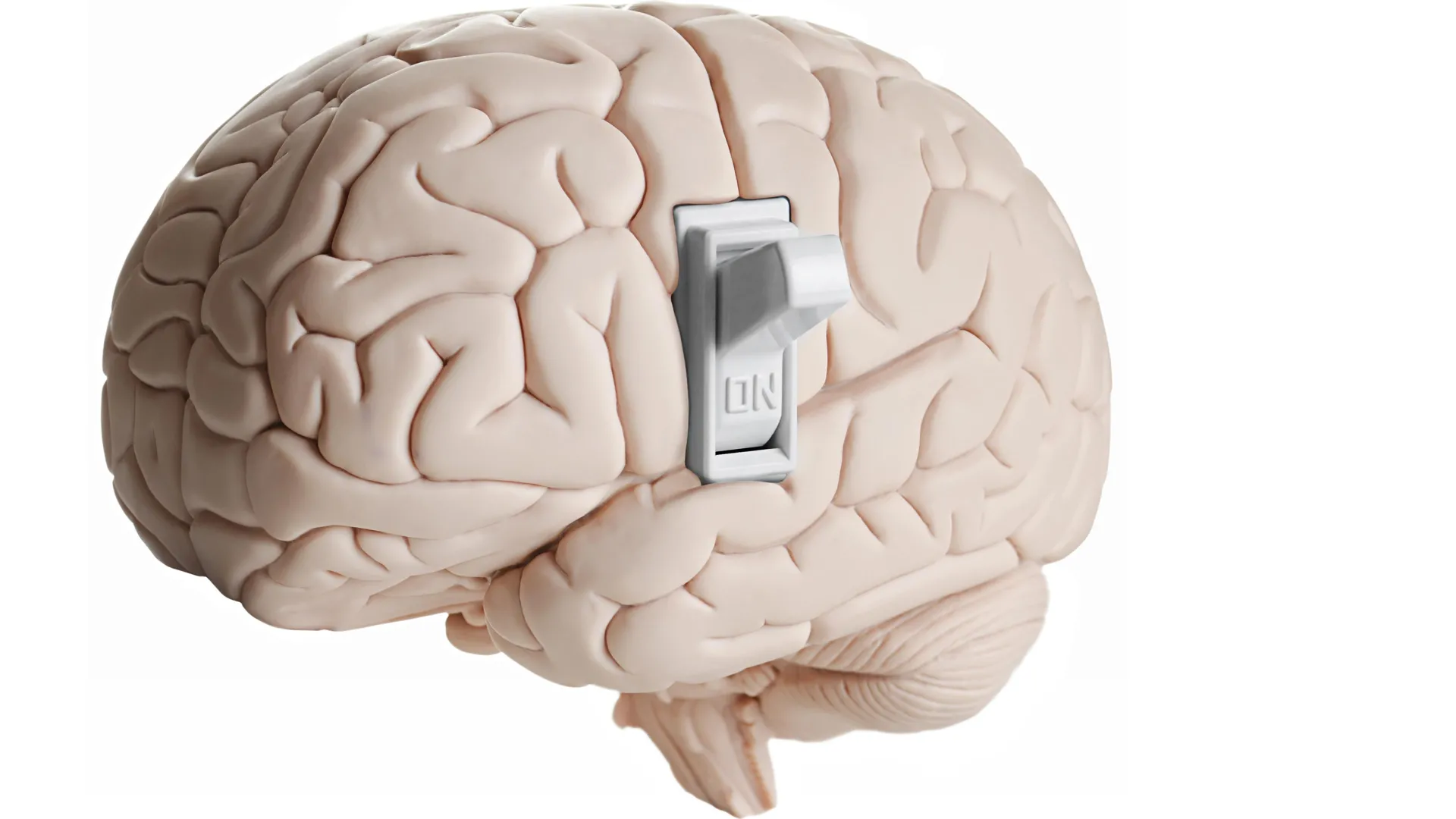Researchers at Leipzig University and Charité – Universitätsmedizin Berlin have discovered a key mechanism for appetite and weight control. It helps the brain to regulate feelings of hunger. In a study, scientists from Collaborative Research Centre (CRC) 1423 – Structural Dynamics of GPCR Activation and Signaling – found how a protein called MRAP2 (melanocortin 2 receptor accessory protein 2) influences the function of the brain receptor MC4R (melanocortin-4 receptor), which plays a central role in appetite control and energy balance. Their findings have just been published in the journal Nature Communications.
MC4R is an important receptor activated by the peptide hormone MSH. It plays a major role in Collaborative Research Centre 1423, where it is being characterised both structurally and functionally. Mutations in MC4R are among the most common genetic causes of severe obesity.
[…]
Setmelanotide, an approved drug, activates this receptor and specifically reduces feelings of hunger. “We are proud that CRC 1423 has now also contributed to understanding receptor transport and availability,” says Professor Annette Beck-Sickinger, spokesperson for CRC 1423 and co-author of the study. A total of five projects within the Collaborative Research Centre were involved in this interdisciplinary research.
Using modern fluorescence microscopy and single-cell imaging, the team demonstrated that the protein MRAP2 fundamentally alters the localisation and behaviour of the brain receptor MC4R within cells. Fluorescent biosensors and confocal imaging showed that MRAP2 is essential for transporting MC4R to the cell surface, where it can transmit appetite-suppressing signals more effectively.
By uncovering this new level of regulation, the study points to therapeutic strategies that mimic or modulate MRAP2 and hold the potential to combat obesity and related metabolic disorders.
[…]
Story Source:
Materials provided by Universität Leipzig. Note: Content may be edited for style and length.
Journal Reference:
- Iqra Sohail, Suli-Anne Laurin, Gunnar Kleinau, Vidicha Chunilal, Andrew Morton, Alfonso Brenlla, Zeynep Cansu Uretmen Kagiali, Marie-José Blouin, Javier A. Tello, Annette G. Beck-Sickinger, Martin J. Lohse, Patrick Scheerer, Michel Bouvier, Peter McCormick, Paolo Annibale, Heike Biebermann. MRAP2 modifies the signaling and oligomerization state of the melanocortin-4 receptor. Nature Communications, 2025; 16 (1) DOI: 10.1038/s41467-025-63988-w
Source: Scientists discover hidden protein that switches off hunger | ScienceDaily

Robin Edgar
Organisational Structures | Technology and Science | Military, IT and Lifestyle consultancy | Social, Broadcast & Cross Media | Flying aircraft

